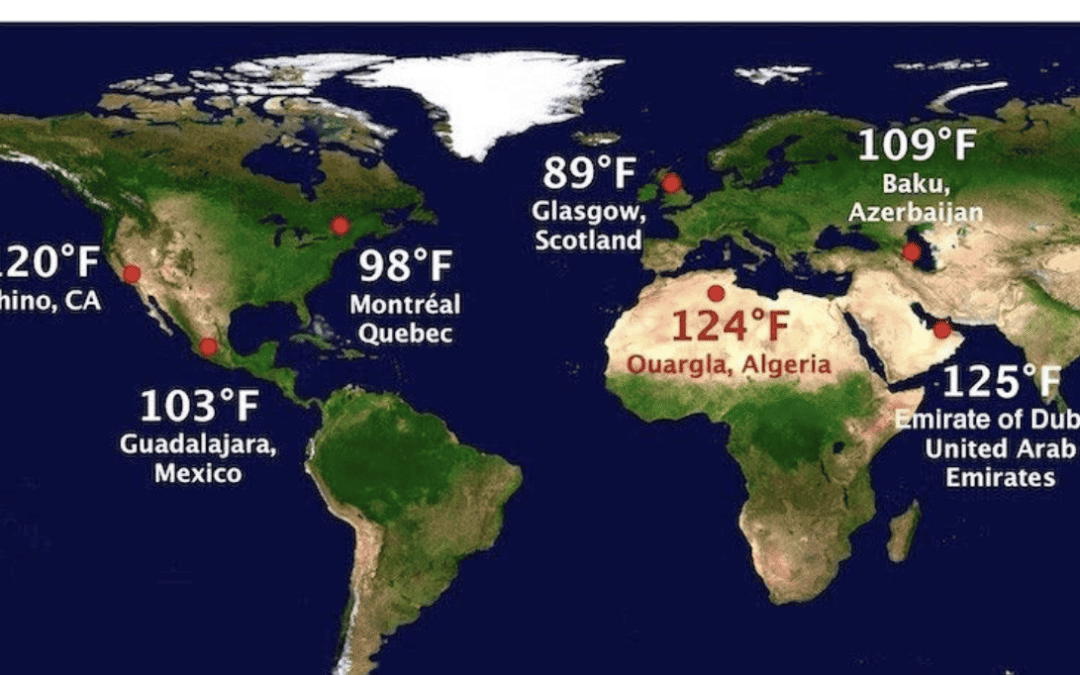

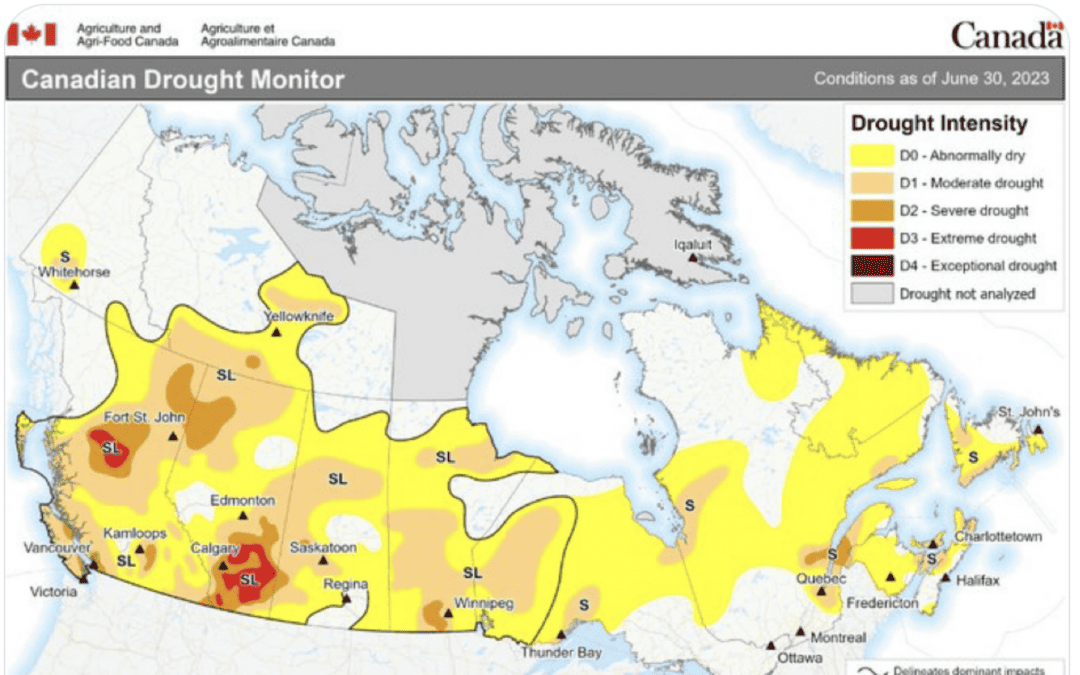
The Canadian Drought, The Truth about El Niño & Why Grain Prices Are Exploding Again
Other than off-again, on-again news about the Ukraine-Russian grain initiative that is affecting trading, this video below talks more about El Nino, the Canada drought, and improving Midwest grain weather.
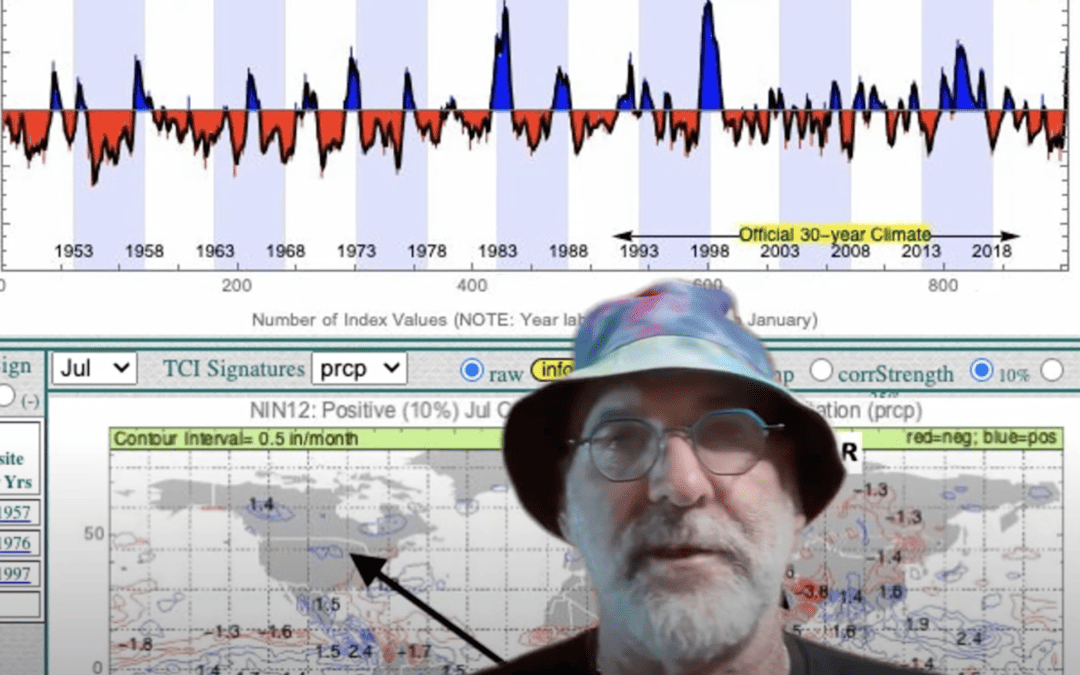
Why I have been preaching for three weeks that a potential easing of the Midwest grain drought would occur in July
Please click on the video below that explains some improvement in the Midwest drought that could occur in July.
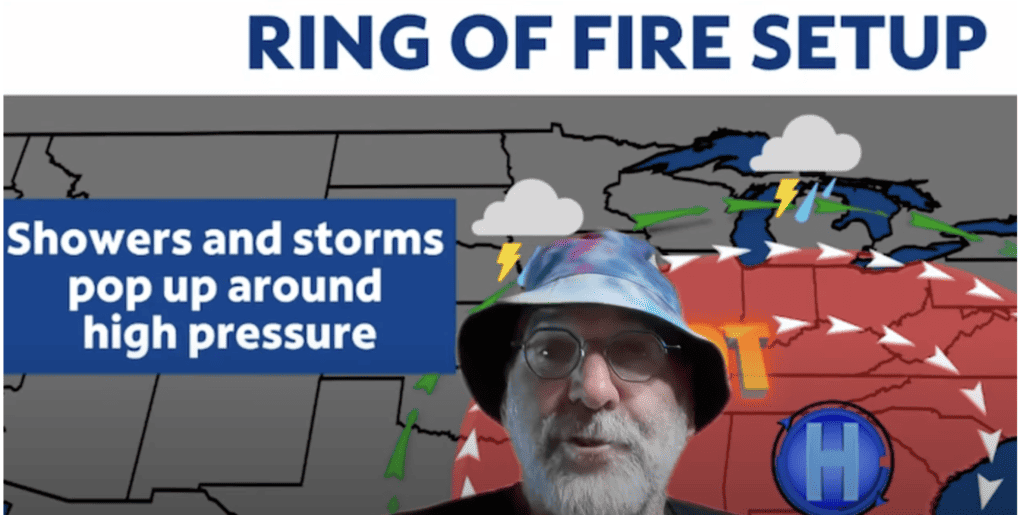
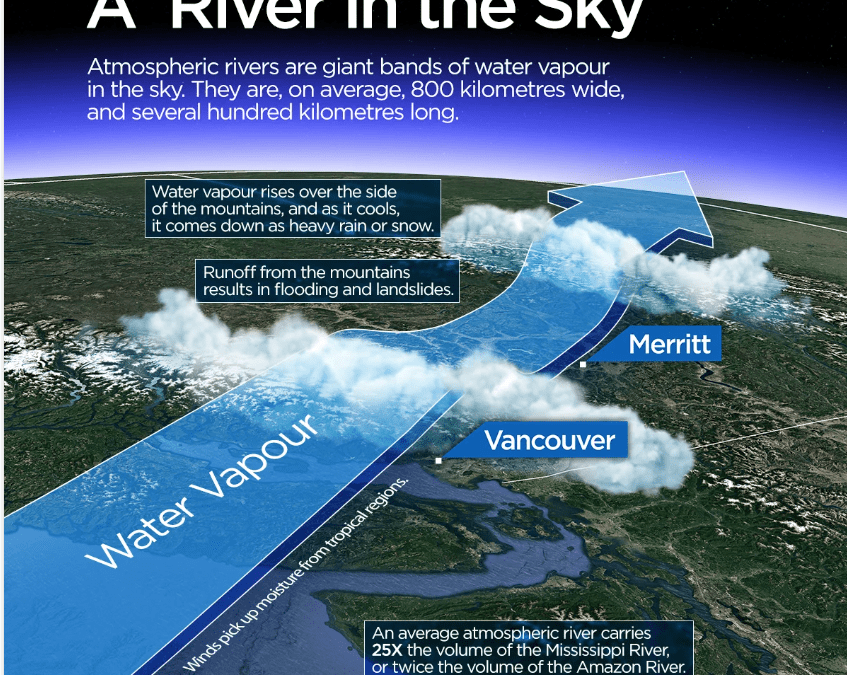
What is an atmospheric river in meteorology and how is it affecting commodity prices?
Please click on the video and subscribe to my youtube channel.
The combination of a warming Arctic and a series of strong storms (Atmospheric River) pounding the west coast is having the following effects on commodities:
- Record warm weather in Europe is pressuring Dutch natural gas, as well as the U.S. energy markets
- The warmth is also curtailing the demand for coffee
- Sometimes when Europe warms, a dry Harmattan wind can hit west Africa. While not a major factor hurting cocoa production yet, it may be, down the road
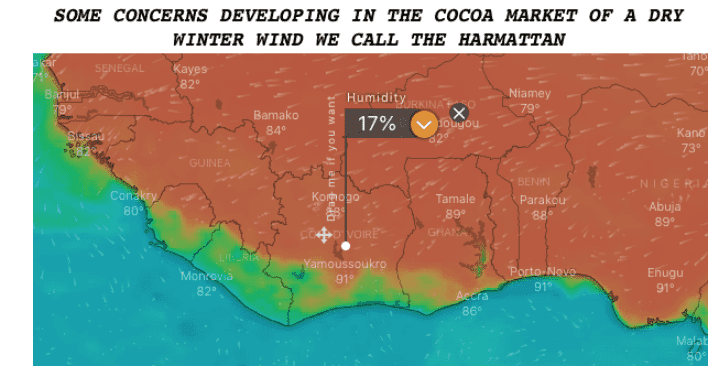
Jim Roemer
Click below to follow Jim Roemer’s commodity trades and receive a free issue of one of his newsletters
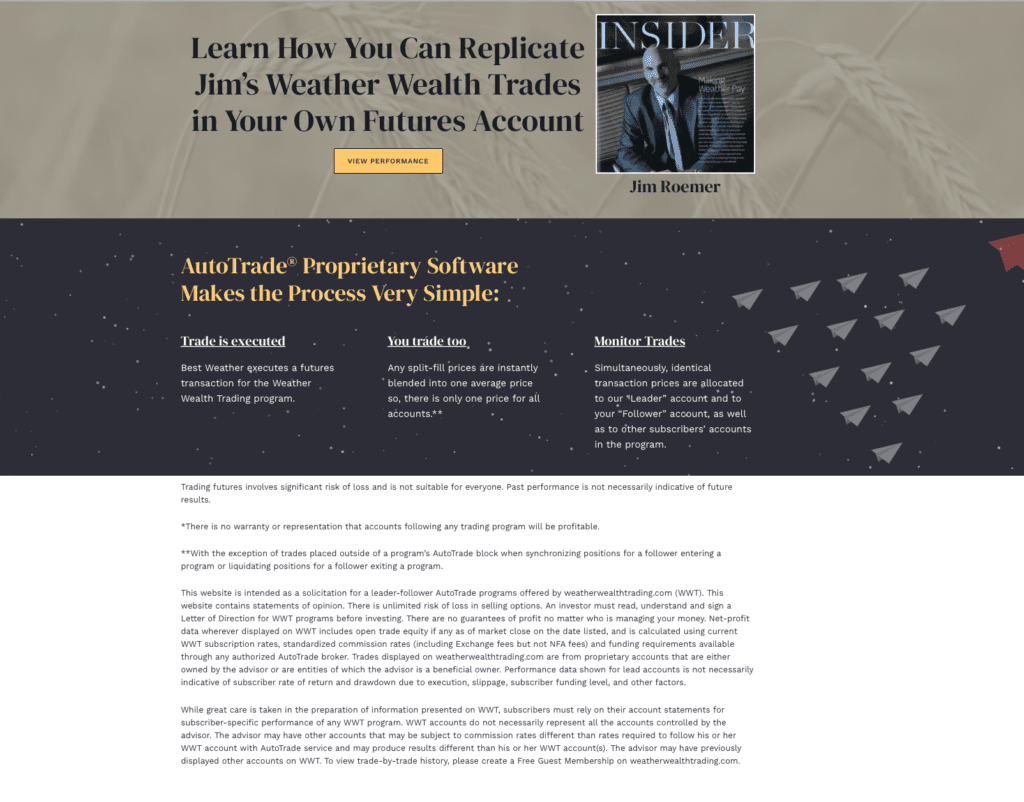
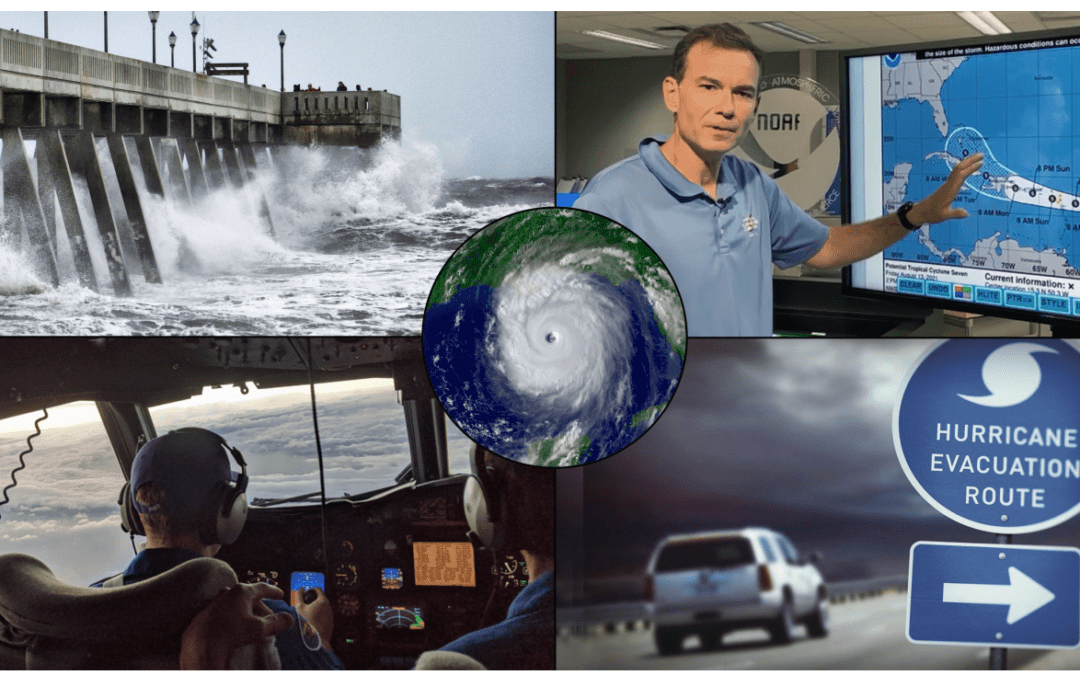
Will The Hurricane Season Pick Up?
There are many climatological factors that affect the Atlantic and Gulf hurricane seasons. Typically, a La Nina event like we have today reduces wind shear which can help enhance tropical activity. In contrast, El Nino events increase wind shear and reduce the number of storms.
Based on our research and similar global ocean temperatures, the 1996 and 2018 analog may be a good ones. 1996 was a La Nina event with some similar global climatological characteristics. In 2018, Europe also had a severe heat wave in drought that killed thousands of people. African dust also killed the beginning of the hurricane season that year; like this year.
Notice the storm tracks in both of these cases: Mostly out in the Atlantic or along the east coast. In both 1996 and 2018, total named storms were 13 and 14, respectively.
Could this season still reach the projected 17 storms or more that NOAA and others are saying? It could based on climate change and the warm loop current in the Gulf of Mexico (see the discussion below)
Please see the CAC’s hurricane forecast here
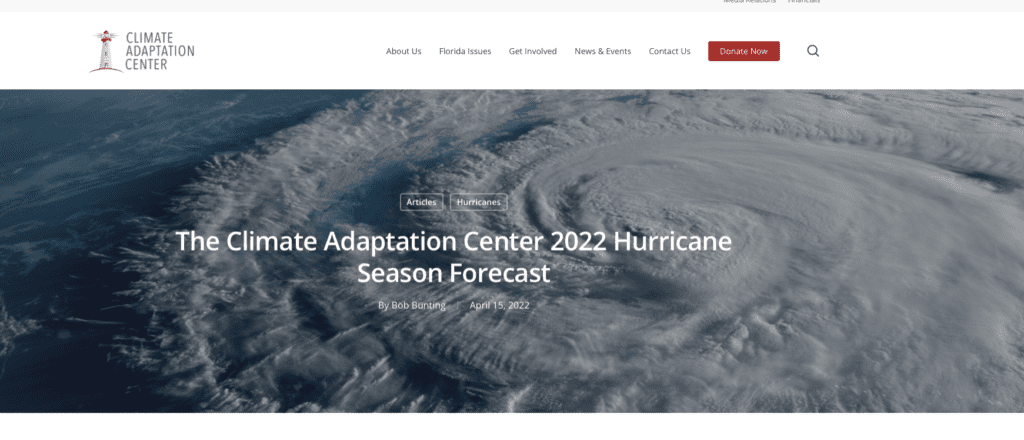
So here is what we are thinking at Best Weather about the general storm tracks this year
1996 La Nina and hurricane tracks
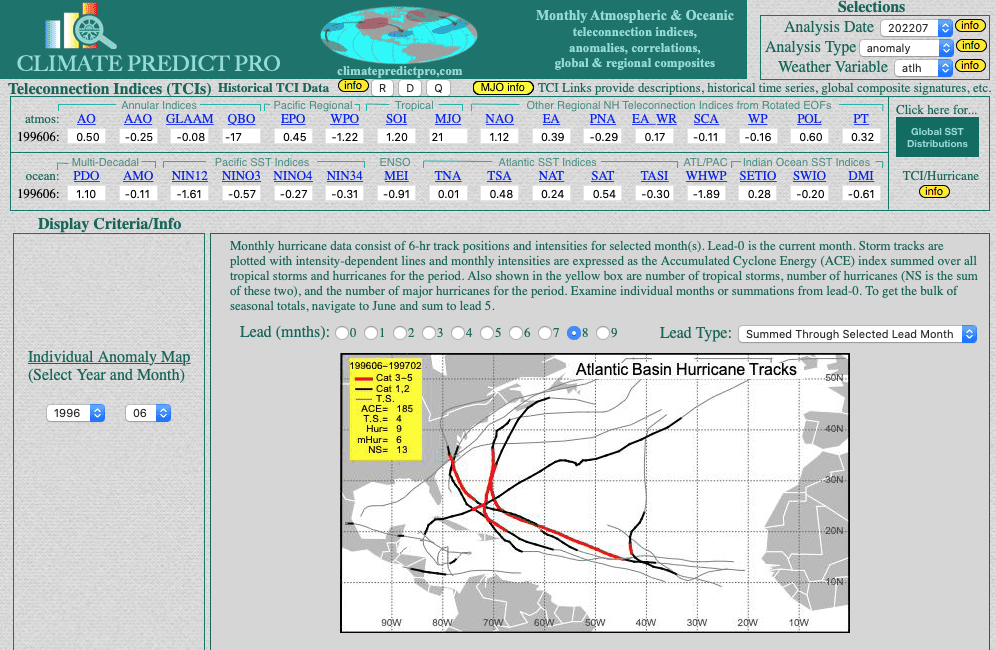
2018 was not a La Nina but similar major European heat wave with AFrican dust

Why 2022 hurricane season got off to a slow start and what may be changing?
Summer 2022 got off to a slow start due to major African dust that disrupted any development in the Atlantic. However, in the main eastern development region near Africa, African dust is weakening and some tropical storms and hurricanes are forecasted by early September.
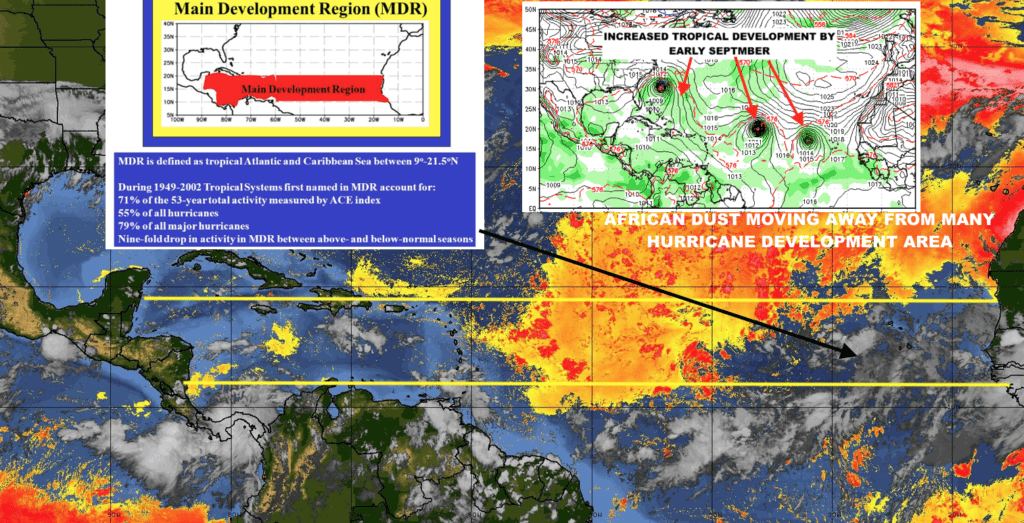
Additional factors that influence hurricane development (or not), are the following
- The MJO (Gulf of Mexico and Caribbean Sea hurricanes are four times more likely to occur when the MJO is producing enhanced precipitation and divergent upper level winds than when precipitation is suppressed and upper level winds are convergent.)
See an interesting article and description here
2. The TNA index (ocean temperatures off the west coast of Africa
3. The loop current in the Gulf of Mexico (The warm loop current the last few years, brought on by climate change and global warming helped spawn no less than 5 category 5 hurricanes over the last few years out of nothing).
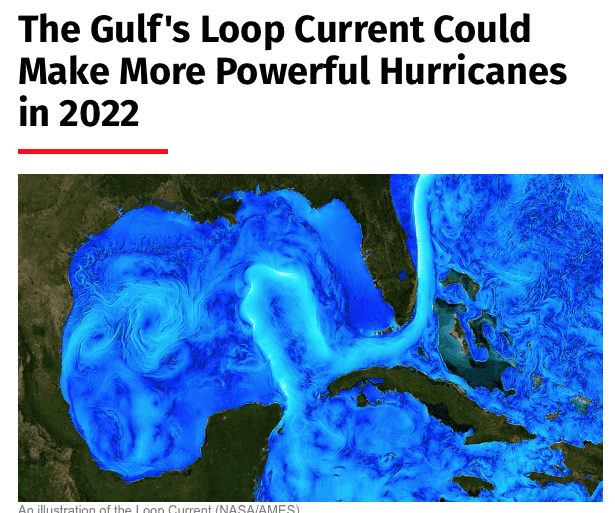
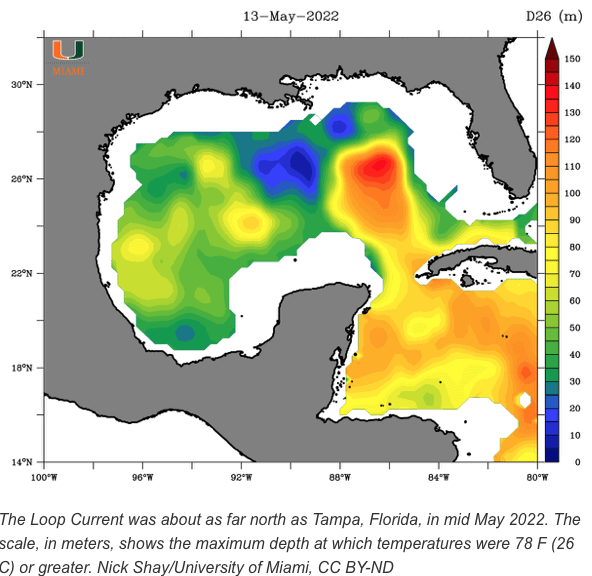
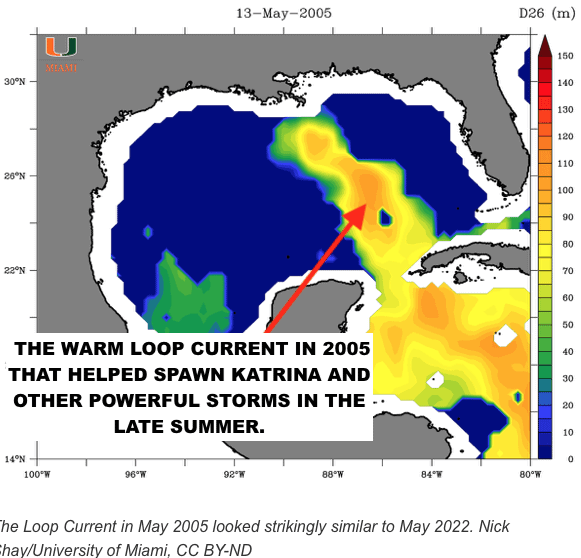
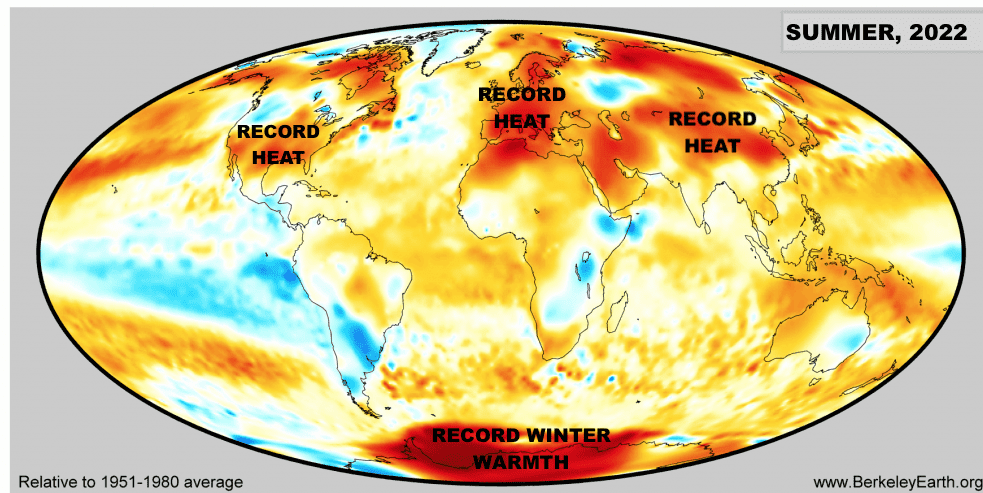
Time Lapse Video of a Warming Planet
From historic droughts and fires in the western U.S. again, floods in Kentucky, and one of Europe’s worst summers of heat waves and droughts, more and more signs of Climate Change continue.
This video, produced by Berkeley Earth Lab, is a time-lapse animation of the earth’s temperature since the 1800s showing unparalleled evidence of a warming planet. It does not even include the current record hot global summer of 2022.
Is this just something cyclical in nature and can solar activity offset this trend? Absolutely NOT, in my opinion, and in the opinions of over 90% of the world’s top degreed meteorologists and climate specialists.

